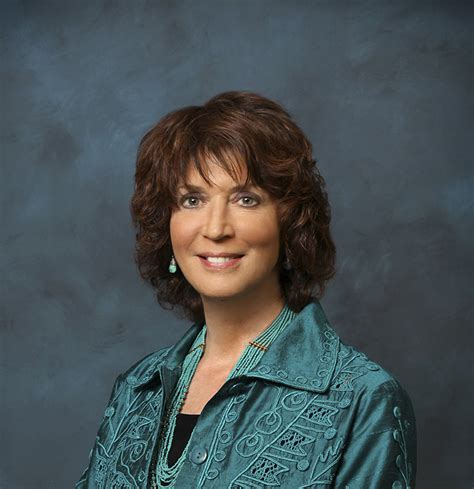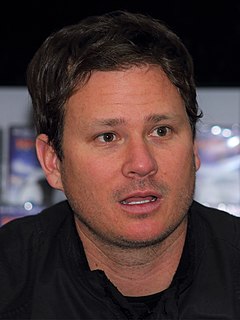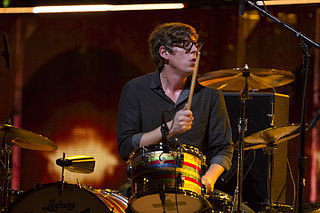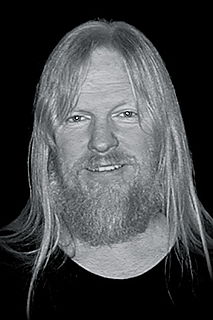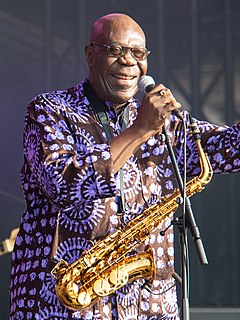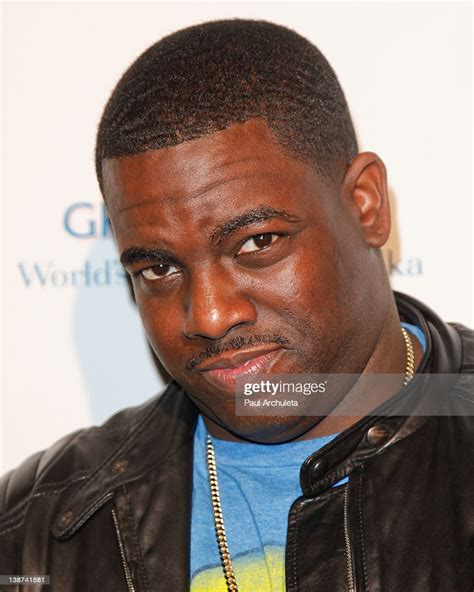A Quote by Moby
Luckily almost no one buys music anymore, so selling music doesn't really affect any of my professional decisions.
Related Quotes
Is there a gender gap in the music industry? It is true that there are more professional male music creators than female. For some reason, it's taking a lot longer in music than in literature and the visual arts to reach equilibrium. It was almost acceptable by the 19th century for female writers to be published, yet it's only in the last couple of decades, since about 1980, that historical female composers have really emerged.
I'm just basically trying to make music that feels good. Right now in the music industry there's a real lack of intimacy. You don't really connect with the artist as much anymore, and you don't really understand where they are. I'm basically doing music that illustrates who I am and where I am in my life.
You know that one don't play music just for the hours to pass. But you play music because you are in love with music and luckily if it happens that people like what I'm proposing, then I'm happy. Although music is business, yet you don't start thinking about money from the initial stages when you are in music. First propose to the people what they want and if they like it, then the money comes later.


